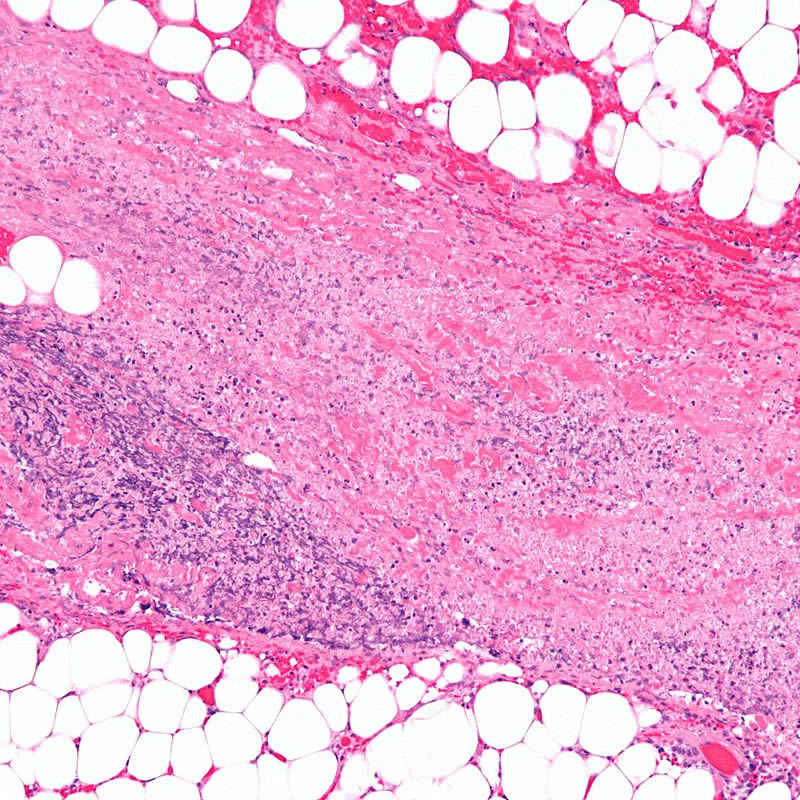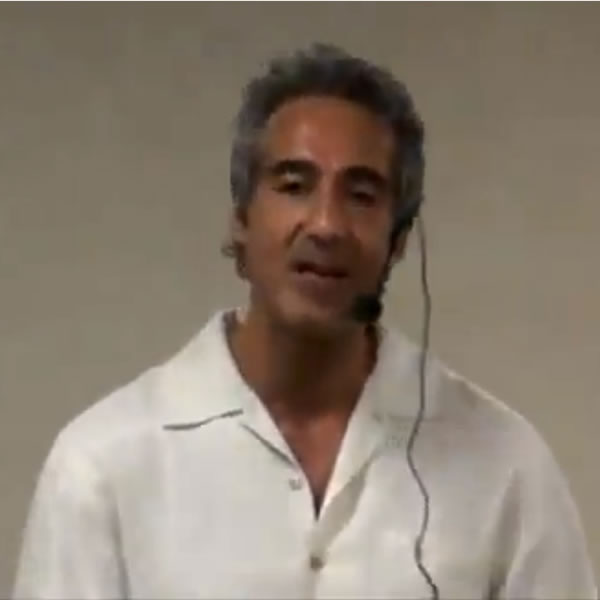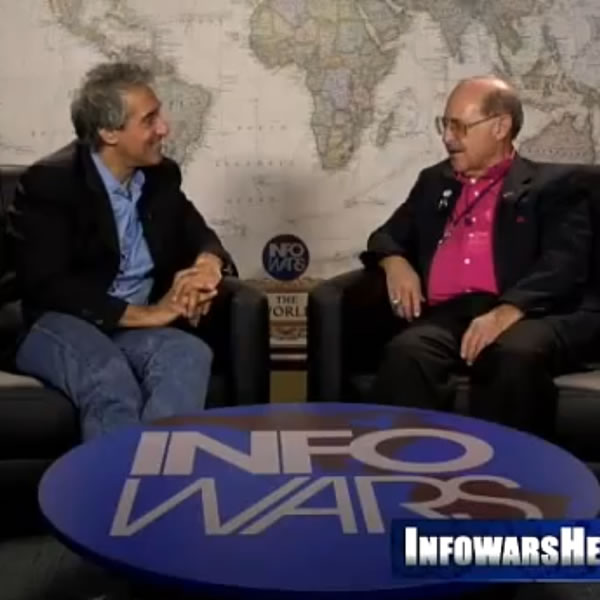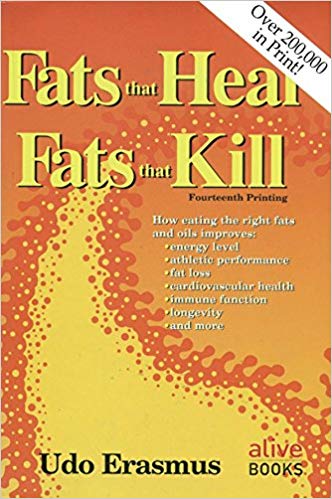by Tim Wesley | Natural News
The cure for cancer can come from the very substance that sustained us during the earliest stage of our lives. Scientists accidentally discovered that a substance in breast milk could be the answer to killing tumor cells. Nicknamed Hamlet (Human alpha-lactalbumin made lethal to tumor cells), the possible cancer cure reportedly attacked cancer cells without harming healthy cells. Moreover, it doesn’t have any of the crippling side effects of chemotherapy.

By Shivani shrivastav (Own work) [CC BY-SA 4.0)]
“We were looking for novel antimicrobial agents, and new breast milk is a very good source of these. During one experiment we needed human cells and bacteria to be present, and we chose human tumor cells for practical reasons,” said Professor Catharina Svanborg, Immunologist at Lund University in Sweden and main proponent of the study.
Once it hit the gut, Hamlet attacked cancer cells by side-stepping the cells’ outer defenses and going for the mitochondria, which is the cell’s power station. After that, it proceeded to the nucleus, cutting off the cell’s energy source, resulting in apoptosis, which is suicide for cells.
“To our amazement, when we added this compound of milk, the tumor cells died. It was a totally serendipitous discovery,” added Professor Svanborg, who had been studying breast milk for the past two decades. She and post-graduate student Anders Hakansson were initially experimenting with breast milk to figure out how it fights off germs when they made the discovery.
According to an article on Telegraph.co.uk, they were startled to discover that cancer cells started disappearing. Upon closer look, they found out that the breast milk was making the cells die. They repeated the experiment and came up with the same result. They were using non-cancerous cells in previous experiments and in those times, the cells didn’t die. Similarly, in-vitro experiments proved that alpha-lactalbumin produced a protein-lipid complex that killed cancer cells.
Svanborg patented the discovery and published her work, only to be met with skepticism. But years of continuous research helped her break new grounds and slowly win over critics. Her team has now gathered conclusive scientific data that show Hamlet can kill more than 40 cancers.
The tests were conducted on humans and animals. They discovered that Hamlet limited the development of brain tumor and bladder and colon cancer in mice. In a human test, nine bladder cancer patients were administered with Hamlet a week before surgery. The result: Eight patients passed tumor cells in their urine two hours after the treatment.
Cancer is the second most common cause of death in the country. According to the American Cancer Society, approximately 600,920 Americans are expected to succumb to the disease in 2017. That’s more than 1,000 patients per day.
On the other side of the globe, Metro.co.uk published a story about a cancer patient currently drinking breast milk in hopes of curing his disease. Fred Whitelaw, 64, was diagnosed with bowel cancer back in 2015. His daughter, Jill Turner, who had given birth in October, read about breast milk’s purported effects on cancer cells. She started giving her dad excess breast milk. Although there’s still no definite scientific results, Whitelaw believes he’s at the point where he has nothing to lose.
The game-changing discovery provides hope for all cancer patients. Svanborg’s team has already discovered how to mass produce a synthetic form of Hamlet, which means it can now be developed into a treatment.
Source: Natural News














